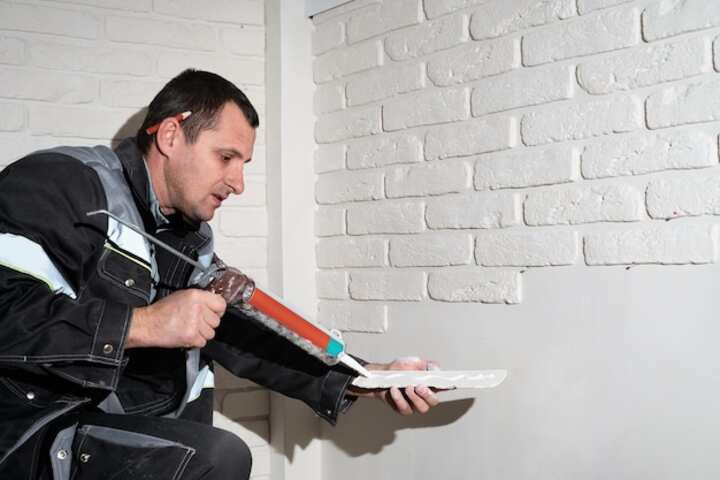
Enhance Your Land with Expert Soil Stabilization Services in Fayetteville
Fayetteville, with its diverse landscapes and varying soil conditions, presents unique challenges for landowners and builders. Proper soil stabilization is crucial for maintaining the integrity of structures, preventing erosion, and ensuring long-term sustainability of the land. This article explores the importance of soil stabilization services in Fayetteville, the methods used, and the benefits of employing professional expertise to enhance your land.
Understanding Soil Stabilization
Soil stabilization is a process that involves altering the physical properties of soil to improve its strength, durability, and overall stability. This process is essential in construction and landscaping projects, particularly in areas prone to soil erosion, landslides, or structural shifts.
Common Soil Stabilization Techniques
There are several methods used to stabilize soil, each tailored to the specific needs of the project and the characteristics of the soil in question. Some of the most common techniques include:
- Chemical Stabilization: This involves adding chemical agents like lime, cement, or fly ash to the soil to improve its properties. These chemicals react with the soil particles, increasing their cohesion and load-bearing capacity.
- Mechanical Stabilization: This method uses physical means such as compaction or the addition of reinforcing materials like geotextiles to stabilize the soil.
- Biological Stabilization: Planting vegetation can also stabilize soil, as the roots help hold the soil in place and prevent erosion.
Benefits of Professional Soil Stabilization Services
Engaging expert soil stabilization services in Fayetteville offers several advantages:
- Enhanced Structural Integrity: Properly stabilized soil provides a solid foundation for buildings, roads, and other structures, reducing the risk of damage or collapse.
- Prevention of Soil Erosion: By improving the soil's resistance to erosion, these services help maintain the landscape and prevent environmental degradation.
- Cost Efficiency: Investing in soil stabilization can prevent costly repairs and damage in the long term, offering significant savings.
- Environmental Benefits: Sustainable stabilization methods can enhance the ecological balance of the area, promoting healthier plant and animal life.
For more detailed insights on soil stabilization and its impact on construction projects, learn more in this detailed guide.
Choosing the Right Soil Stabilization Method
Selecting the appropriate soil stabilization method depends on various factors, including soil type, project requirements, and environmental conditions. It is crucial to conduct a thorough analysis of the soil and the specific challenges it presents before deciding on the best approach.
Factors to Consider
- Soil Composition: Different soils react differently to stabilization techniques. Understanding the soil's chemical and physical properties is essential.
- Project Scale: The size and scope of the project will influence the choice of stabilization method. Larger projects may require more robust solutions.
- Environmental Impact: Consideration of the environmental effects of stabilization materials and methods is crucial for sustainable development.
For further guidance on selecting the right stabilization method, explore further insights here.
Why Fayetteville is a Unique Case
The geographic and climatic conditions in Fayetteville make soil stabilization particularly important. The region's variable weather patterns and diverse soil types can lead to significant challenges if not properly managed.
Addressing Local Challenges
Landowners and builders in Fayetteville need to address specific local challenges, such as:
- Flood-Prone Areas: Certain parts of Fayetteville are susceptible to flooding, making soil stabilization vital to prevent erosion and protect structures.
- Clay Soils: Many areas have clay-rich soils that can expand and contract significantly, affecting the stability of foundations.
To understand more about how these local conditions influence soil stabilization needs, find additional information here.
Conclusion
In Fayetteville, expert soil stabilization services are indispensable for ensuring the safety, longevity, and environmental sustainability of construction and landscaping projects. By choosing the right method and employing professional services, landowners can enhance their property's value and resilience. Read more about this topic and make informed decisions for your land's future.